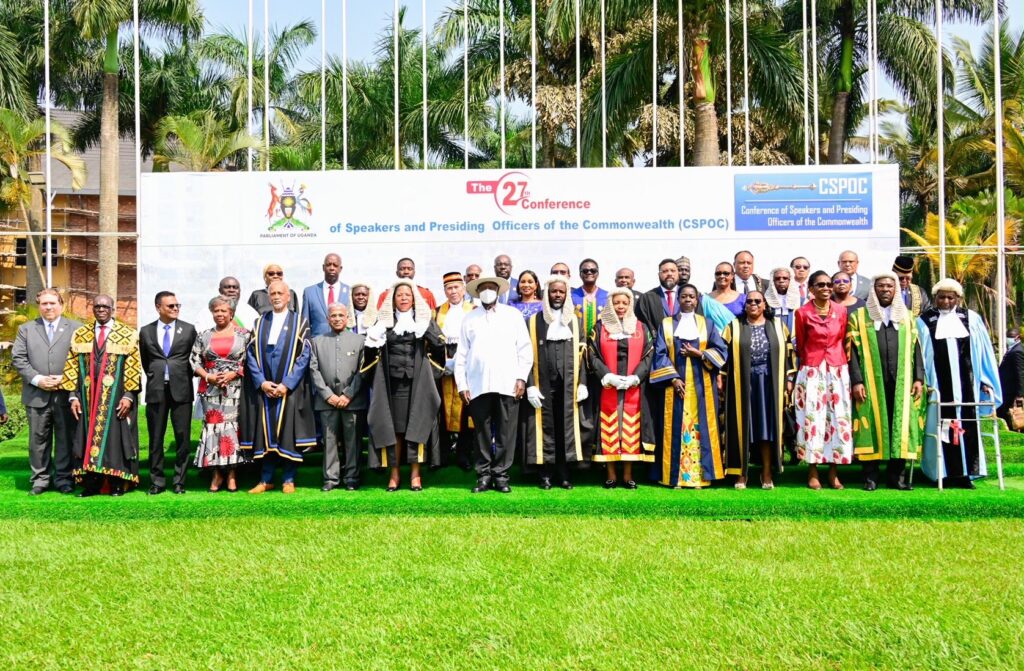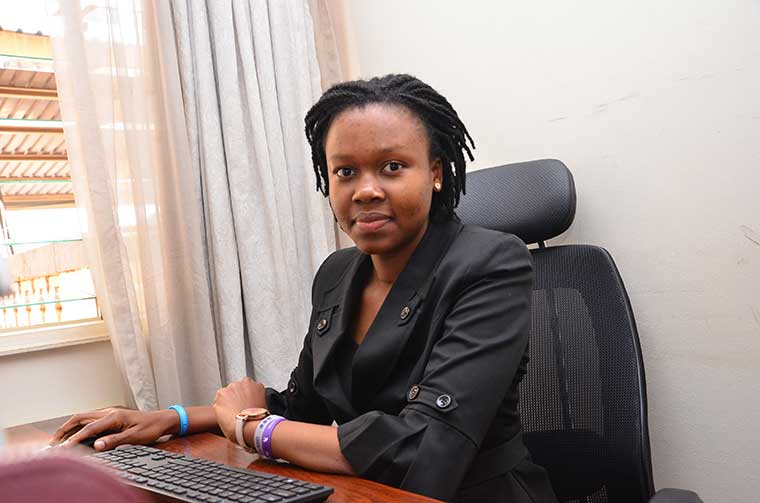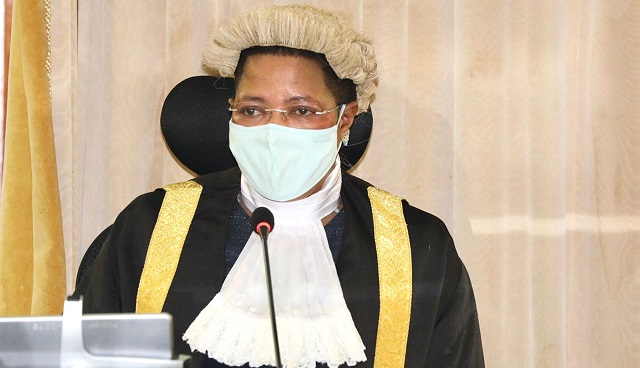Electoral Commission Unable To Allow Ugandans Abroad To Vote In Coming Election. – EC Lawyer.
Written by Editor on July 7, 2020
The Electoral Commission is seeking more time to implement an order to allow Ugandans in the diaspora and those in prisons to participate in electoral processes.
The High Court in Kampala issued the order last month on the basis of a petition filed by lawyer Stephen Kalali who argued that the omission and exclusion of prisoners and Ugandans in the Diaspora from voting tantamount to segregation or discrimination.
In his petition, Kalali demanded that each of the prisons in Uganda be declared a registration and polling Centre ahead of the 2021 elections. He added that despite being incarcerated, prisoners possess the fundamental and inalienable right to be registered as voters, an argument which was reinforced by High Court Judge Lydia Mugambe.
She directed the government and the Electoral Commission to allow Ugandans in Diaspora and those in prison to participate in elections effective 2021, when Ugandans will go to the polls to vote for a President, Members of Parliament and Local Government leaders.
However, the Electoral Commission has applied for a review of the order, saying the electoral body does not have sufficient funds to implement the said orders. The application is supported by an affidavit by EC lawyer Hamidu Lugoloobi saying that the commission needs extra time to prepare for the inclusion of the said categories of Ugandans in electoral processes.
Lugoloobi adds that the current available resources allocated to the Electoral Commission can only be sufficient to handle those Ugandans on the current register. The commission also argues that it has limited time within which to organize the next general election, implying that the registration of prisoners and Ugandans abroad cannot be realized given the limited time and budget constraints.
They add that the said issues coupled with the ongoing COVID-19 lockdown presents a lacuna for the commission. The application will be heard by Justice Esta Nambayo on July 13.
The right to vote, according to the constitution is accorded to all nationals aged 18 and above.
Similarly, the right to vote without discrimination is set out in the Universal Declaration of Human Rights which provides that everyone has the right to take part in the government of his country, directly or through freely chosen representatives. Although the declaration is not a treaty in itself, it is generally considered customary international law and therefore has binding status.




